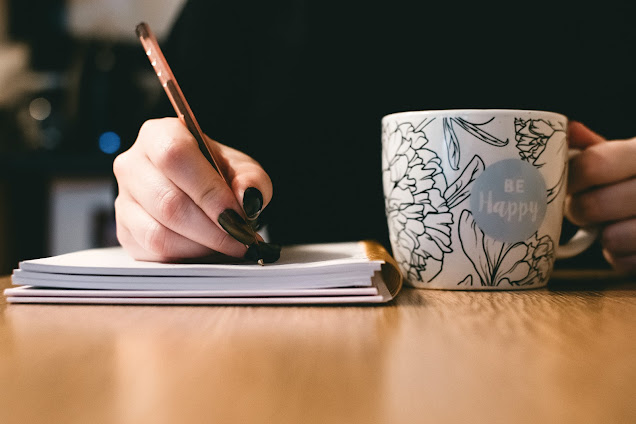Korean Reading Exercises - Part 2

Hello there! 잘 지냈어? (How are you?) I have been from a veeeeeerryyyy very long hiatus and I decided to come back. I am now a full-fledged doctor and I am currently working as one, in a nearby hospital. How have you been? As continuation from our first Korean Reading Exercise , I would like to present to you another batch of Korean words that you can try practicing on! Are you ready to practice your Korean? If you want to reinforce your knowledge about reading Hangul, you may proceed to this post on how to read and write Hangul to refresh your mind! From now on, our reading (and writing) exercises will feature a specific theme so as to make things easier to read and understand! For this Korean reading exercise, we will feature one of Korea's highlights - their food. Let's read, read, read Korean!! FIRST ROUND: Basic Korean food Korean food is one of the highlights of Korean culture - without their sumptuous and delicious food, their culture will not infiltrate...


Comments
Post a Comment
Give me some of your thoughts about the post! :)